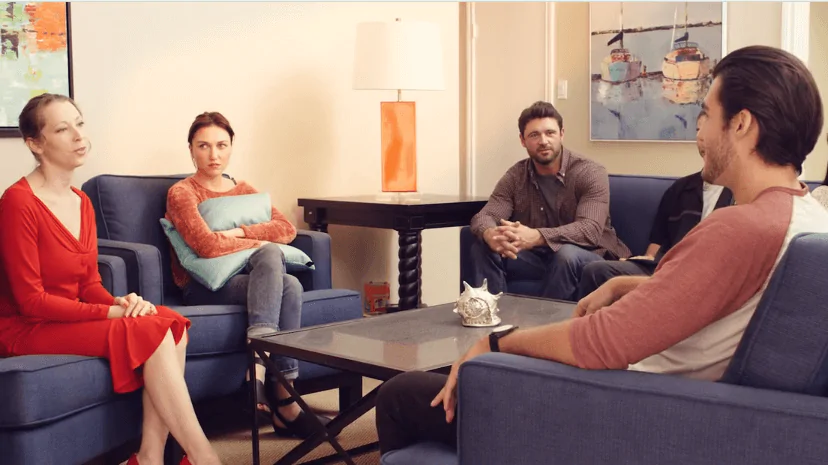24/7 Helpline:
(866) 899-221924/7 Helpline:
(866) 899-2219
Learn more about Bipolar Disorder Treatment centers in Mecosta County
Bipolar Disorder Treatment in Other Counties

Other Insurance Options

AllWell

Ambetter

Highmark

Anthem

Multiplan

Coventry Health Care

MVP Healthcare

United Health Care

Health Partners

MHNNet Behavioral Health

Covered California

Holman Group

Amerigroup

State Farm

Regence

Cigna

Premera

EmblemHealth

Meritain

WellPoint

Ten16 Recovery Network
Ten16 Recovery Network has a proud history of providing services to people impacted by substance use...

Community Mental Health Services
Community Mental Health Services is a public rehab located in Big Rapids, Michigan. Community Mental...

Nova Counseling Associates
Nova Counseling Associates is a private rehab located in Big Rapids, Michigan. Nova Counseling Assoc...





























































































































